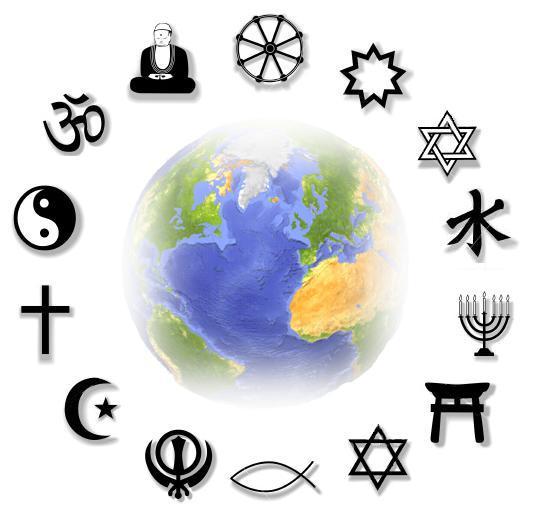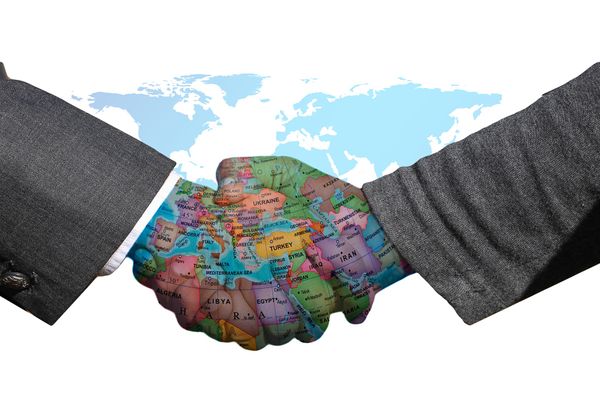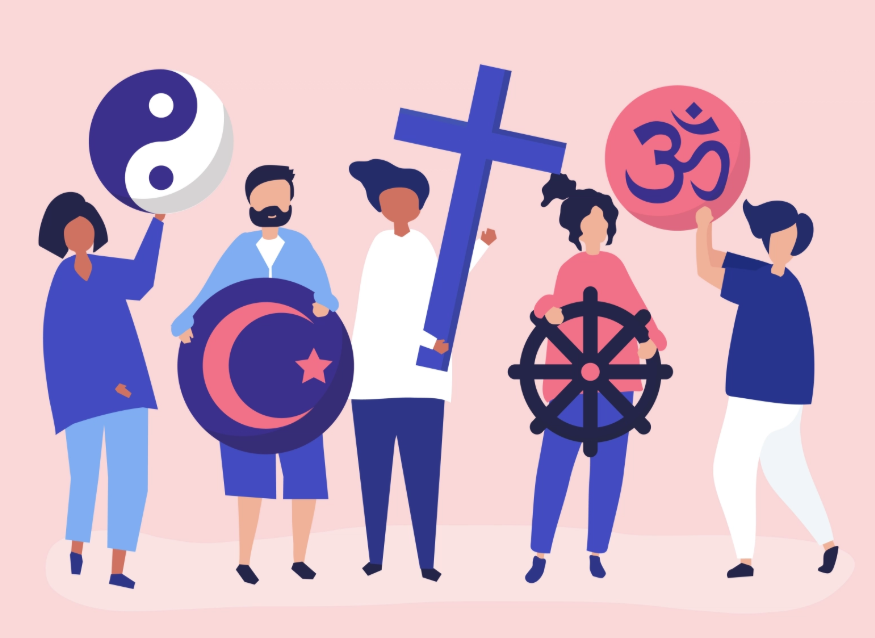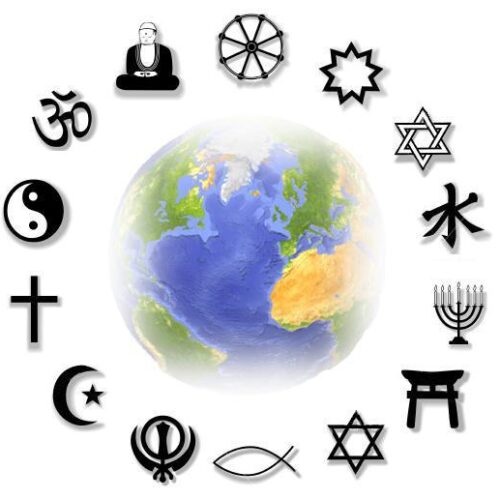 Religion has long been a potent force shaping the trajectory of societies and their governance. In contemporary times, the influence of monotheistic beliefs on political ideologies and decisions remains a complex and significant aspect of our world.
Religion has long been a potent force shaping the trajectory of societies and their governance. In contemporary times, the influence of monotheistic beliefs on political ideologies and decisions remains a complex and significant aspect of our world.
Monotheism, the belief in a single, all-powerful deity, has historically played a role in shaping moral frameworks and cultural norms. Today, these beliefs continue to intersect with political thought, often impacting policies, social values, and global affairs.
Moral Foundations and Political Agendas
Monotheistic religions provide a moral foundation that can shape political agendas. For instance, the emphasis on justice, compassion, and equality in monotheistic teachings can influence political parties that prioritize social welfare, human rights, and the reduction of inequalities.
At the same time, differing interpretations of monotheistic doctrines can lead to diverse political stances. Debates on issues like reproductive rights, LGBTQ+ rights, and environmental stewardship often stem from varying interpretations of religious texts.
 Global Diplomacy and Conflict Resolution
Global Diplomacy and Conflict Resolution
The role of religion in modern politics extends to international relations. Monotheistic beliefs can serve as bridges or barriers in diplomatic efforts. Religious leaders and institutions often contribute to peace negotiations and conflict resolution, leveraging their moral authority to promote harmony.
However, religion can also contribute to conflicts when political decisions align with specific interpretations of faith. Geo-political struggles in regions like the Middle East have complex religious dimensions, where historical rivalries intertwine with political motivations.
 Secularism and Religious Freedom
Secularism and Religious Freedom
Many contemporary societies embrace secular governance, aiming to separate religious institutions from political power. This approach protects religious freedom while avoiding theocratic rule. The challenge lies in striking a balance between religious expression and ensuring equal rights for all citizens.
Conclusion
The role of monotheistic beliefs in modern politics is intricate and multifaceted. They can inspire values that drive positive change and compassionate governance, yet they can also become sources of division if wielded to support exclusionary or discriminatory policies. As we navigate the complexities of our globalized world, understanding the interplay between monotheism and politics is essential for fostering societies that uphold both religious freedom and democratic principles.
